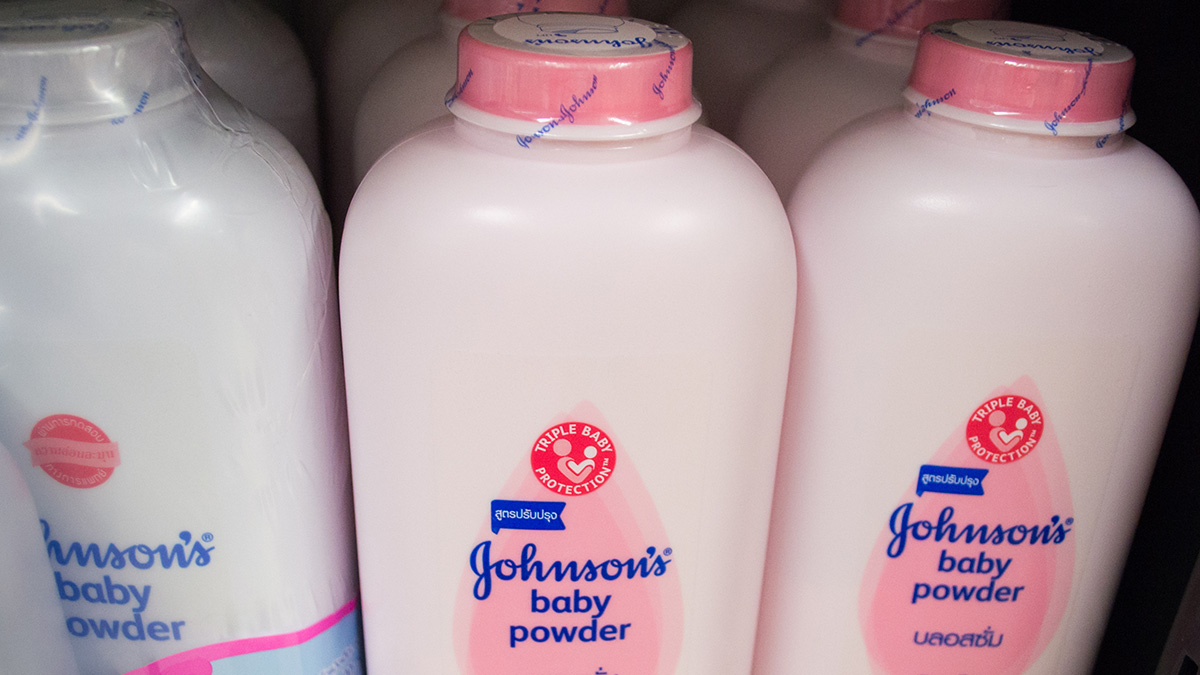Jury trial levies $750m damages on J&J over talc and cancer

The jury in a New Jersey trial has awarded $750 million in punitive damages against Johnson & Johnson in a case brought by four people who claimed they had developed cancer after using its talc products.
The sky-high total was promptly cut by the judge to around $187 million as a result of state laws that limit punitive damages to five times the amount of compensatory damages.
Earlier in the trial, the judge awarded $37 million in compensation to the four plaintiffs, who claim they developed cancer.
J&J immediately said it would appeal both damages rulings, saying that the trial included “numerous legal errors that subjected the jury to irrelevant information and prevented them from hearing meaningful evidence.”
The verdict is “at odds with the decades of evidence showing the company acted responsibly, was guided by sound science and used the most sophisticated testing available for its talc,” it asserted.
The latest ruling adds to the legal burden on J&J, which is facing a litany of liability lawsuits covering not only talc but also orthopaedic and vaginal mesh products, its role in the opioid epidemic in the US, and its antipsychotic drug Risperdal (risperidone).
Last year, it was ordered to pay $8 billion in damages to a man who claimed the company failed to warn him that Risperdal could cause the growth of breasts as a side-effect.
The talc lawsuits – estimated to number around 16,000 – have been rumbling on for years, with J&J repeatedly asserting that there is no cancer-causing asbestos in its talc products, which include the big-selling Baby Powder range.
Last October the company recalled 33,000 bottles of Baby Powder after the FDA said it had found tiny amounts of asbestos in samples taken from a bottle purchased online.
Later however it rejected the regulator’s findings, saying two independent labs were unable to reproduce the results and that the ‘sub-trace’ levels of asbestos had likely resulted from environmental contamination or an error in the analysis.
The FDA said it stood by its analysis and that divergent results could be generated because asbestos fibres may not be dispersed uniformly through a sample.
The attorney representing the plaintiffs in the New Jersey case – Chris Placitella of law firm Cohen, Placitella & Roth – said the jury award was a shot across the bows of J&J and its chief executive Alex Gorsky.
Gorsky gave testimony in the New Jersey court case last week, the first time he had addressed a jury trial over the talc issue.
He was questioned about a stock sale that took place two days after a Reuters reporter contacted the company about an article that subsequently claimed the company had been aware that asbestos could be found in talc since the 1970s. J&J has dismissed the claim as a “conspiracy theory.”












